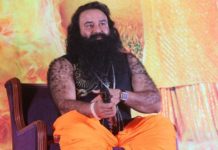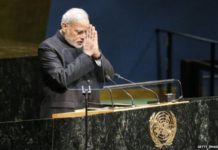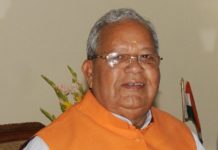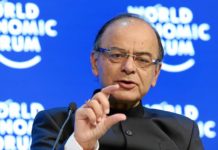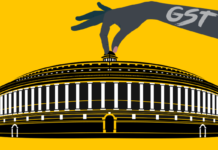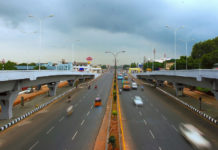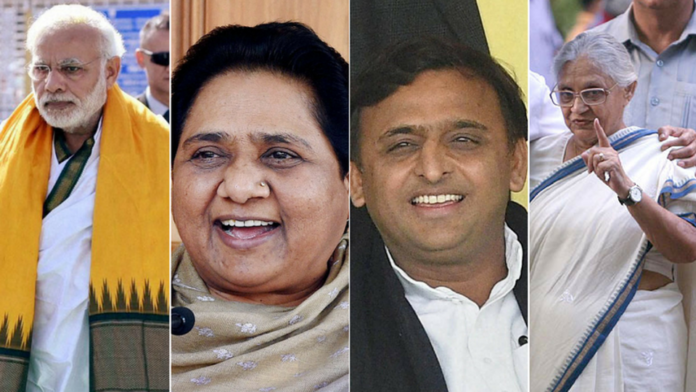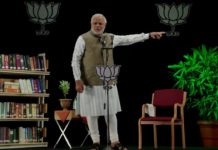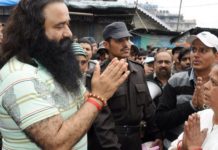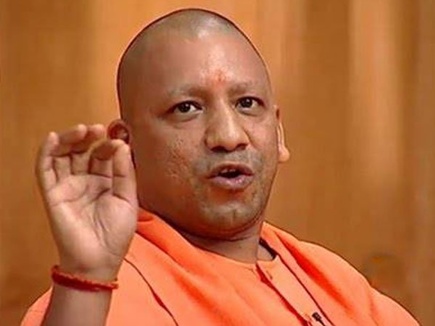Since there has already been much fuss regarding the date of the Union Budget right before the State Legislative Assembly elections in states namely Uttar Pradesh, Uttrakhand, Punjab, Goa and Manipur, perhaps it is a good time to have a look at whether the ruling party has laid any agenda in the budget that can actually help them to be at an advantageous position in the upcoming poll. The message that came out of the Union Budget was loud and clear – a focus on the underprivileged and marginalized section of the society along with focus on social sectors that are necessarily constituted by a large mass of the Indian population. Now one can say that these are all directed to the people going to the polls and who would expect anything other than a pleasing budget?
Finance Minister Arun Jaitley was clear in his vision when he said, “We have moved from a discretionary administration to a policy- and system-based administration; from favouritism to transparency and objectivity in decision making; from the blanket and loose entitlements to targetted delivery; and from informal economy to formal economy.” Instead of coming up with a populist budget, Jaitley was successful in crafting a budget with a focus on fundamental growth rather than subsidiaries and loans. Even though one can’t deny that the Union Budget was absolutely the perfect stage for BJP to put a healing cream on the scar that the recent demonetisation has caused, one should also think about the set of skills that one needs to allocate limited resources towards the diverse needs and aspirations of a country like India.
Since the state of Uttar Pradesh (which contains 16 per cent population of the country) contributes only 4 per cent of the total direct tax collection, Jaitley has consciously or unconsciously benefitted a giant section of the population by reducing the tax liability from 10 percent to 5 per cent for those who earn up to 5 lakh. But the greater picture here is to motivate these people to pay taxes. Since UP and Manipur have always been an example of Congress political hegemony and at the same time have the lowest per capita income in the country, it is indeed important for BJP to create inroads. What needs to be remembered here is the fact that UP, if won by BJP, will be the place at which India will be looking at to get the vibe. A reports shows that the amount spent on campaigns in Uttar Pradesh, India’s most populous state with 200 million people, is forecast to hit a record 40 billion rupees ($600 million).
With 48,000 crore being allocated for the rural employment scheme named Mahatma Gandhi National Rural Employment Guarantee Act (MGNREGA) is quite significant if one takes into account the fact that election-bound states of Uttar Pradesh, Uttarakhand and Punjab have surpassed the projections for the financial year.
Another proposition regarding the decrease in the railway fare and withdrawal of surcharge on tickets booked via IRCTC needs to be seen in the light of the cashless economy that Prime Minister Narendra Modi has talked about. The declaration, that has been made for the purpose of cracking down the corruption and undeclared wealth (or even black money), is clearly an effect of the Vijay Mallya case who found his route to Britain after owing over a billion to a group of banks in India. The vision was vivid when Jaitley said, “In the recent past there have been instances of big time offenders – including economic offenders – fleeing the country to escape the reach of the law…The law will have constitutional safeguards and the assets in India would stand confiscated until the person submits himself or herself to the law.”
Unaccounted cash, that has long been the lifeline for the smooth operations of political parties, was confronted by the limit on cash donation and ‘election bonds’. Transparency will supposedly be vivid as action will be taken against the political parties that did not file tax returns. But again these reforms are most likely to hit BJP or Congress more than any other party since a study released by the Association for Democratic Reforms (ADR) said 65 percent of the BJP’s total income had come from unknown sources over an 11-year period beginning in 2004/5 while Congress did not disclose the source of 83 percent of its funds.
Election, that is known to have changed the power structure of the states a number of times in the history of the country, always reflects angst of the electorate. Apart from what has been summed up earlier, Manipur, the site of armed conflict and ethnic tension, will certainly put both Congress and BJP into test. And, time will say whether BJP becomes successful in its venture of pursuing expansion into the North-East or the tactical redrawing of boundaries by Congress becomes successful. While Goa seems to carry a challenge after having Manohar Parikar relocated to Delhi and rebellion by a section of the RSS, Punjab will be an interesting case with the entry of AAP. Even though the Union Budget could give BJP boost to some extent, only time can and will determine the results of ideological clashes and cleavages in the society brought into the play.

